Copyright Guy Stanley, 2019
All rights reserved. No part of this publication may be reproduced, stored in a retrieval system, or transmitted in any form or by any means, electronic, mechanical, photocopying, recording, or otherwise (except for brief passages for purpose of review) without the prior permission of Dundurn Press. Permission to photocopy should be requested from Access Copyright.
Printer: Webcom, a division of Marquis Book Printing Inc.
Library and Archives Canada Cataloguing in Publication
Title: Rebuilding liberalism : social justice with individual freedom / Guy Stanley.
Names: Stanley, Guy, author.
Description: Includes bibliographical references and index.
Identifiers: Canadiana (print) 20190080639 | Canadiana (ebook) 20190080663 | ISBN 9781459745117 (softcover) | ISBN 9781459745124 (PDF) | ISBN 9781459745131 (EPUB)
Subjects: LCSH: Liberalism.
Classification: LCC JC574 .S83 2019 | DDC 320.51dc23
1 2 3 4 5 23 22 21 20 19
We acknowledge the support of the Canada Council for the Arts, which last year invested $153 million to bring the arts to Canadians throughout the country, and the Ontario Arts Council for our publishing program. We also acknowledge the financial support of the Government of Ontario, through the Ontario Book Publishing Tax Credit and the Ontario Media Development Corporation, and the Government of Canada.
Nous remercions le Conseil des arts du Canada de son soutien. Lan dernier, le Conseil a investi 153 millions de dollars pour mettre de lart dans la vie des Canadiennes et des Canadiens de tout le pays.
Care has been taken to trace the ownership of copyright material used in this book. The author and the publisher welcome any information enabling them to rectify any references or credits in subsequent editions.
The publisher is not responsible for websites or their content unless they are owned by the publisher.
Printed and bound in Canada.
VISIT US AT
 dundurn.com
dundurn.com
 @dundurnpress
@dundurnpress
 dundurnpress
dundurnpress
 dundurnpress
dundurnpress
Dundurn
3 Church Street, Suite 500
Toronto, Ontario, Canada
M5E 1M2
For my children and grandchildren
and for
Charles D. Tarlton
CONTENTS
PREFACE
THE PROMISE OF LIBERALISM is not only political and economic freedom, but also social justice: liberalism is three dimensional. Those who say otherwise are probably unfamiliar with the history of liberalism from the end of the Napoleonic Wars to our own day. That history shows that while liberalism has guidelines, it comes with very few instructions. Mostly, it is a product of advances in some areas and retreats in others, until a coalition forms of people who care as much about the quality of their society as they do about their own individual advancement. When such a coalition is in charge of governance, then three-dimensional liberalism can be realized.
The story laid out in these pages suggests how difficult it was, historically, to get to that point, especially when the powerful were prepared to override every concept of fair co-operation in favour of their own economic and political benefit. Mainly, such gains were made when influential circles were seized with the belief that a fairer and more ethical community could be constructed, and when they had the influence to mobilize the necessary ideals. In the cases of nineteenth-century Germany and twentieth-century England, national survival and the political situation before and after wars played crucial roles. In the cases of France and the United States, it was the experience of a generation or more of bad governance together with an understanding that the national circumstances had evolved to the point of a new, truly liberal possibility a national movement toward a progressive representation, after decades of misrule by greedy oligarchs.
Successful liberalism and unsuccessful liberalism alike are products of history, the interplay of ideals and ideas, of adult humans in conflict and co-operation. In particular, the idea of the liberal state and the special role occupied in the liberal state by civil society are among the keys to achieving liberal freedom with social justice. Another point of emphasis is that very little if anything in liberalism is automatic markets are not always fair, democracy is not always adequate to the demands of statecraft, society can become so divided that the political centre necessary for successful liberalism becomes impossible to establish or sustain. Liberalism is no better than the people who are responsible for it. The only points that are certain are that (1) when liberalism works in all its dimensions, then society advances not only itself but also the horizon of possibility for humanity; and (2) when liberalism is hijacked by the interests, then the four horsemen will suddenly make their appearance and rather quickly people will speak of a coming dark age.
The book now before you was written with the aim of showing how liberal ideas emerged within a social and historical context, in particular the challenge of industrialization. The main argument is that the abstract liberalism of ahistorical principles especially the principles of small-state, classical liberalism offer no reliable insights into how free societies are achieved. Nor are the assurances of self-regulating interests of any kind worth much. Instead, the history of liberalism is the history of real individuals who understood what it meant to be free as individuals and who struggled to create free societies that would continue the Enlightenment program, mindful that humans are not just economic agents but moral ones as well. The takeaway is nothing more than that freedom with justice has to be earned except perhaps to remind us as well that it is available, despite some learned arguments to the contrary.
This book thus joins a rising chorus of opposition to the prevailing Western ideology of neoliberal market fundamentalism. It nevertheless respects a conservative hope of finding actual, timeless principles behind liberal systems. I believe a number of these are indirectly illustrated in the history covered here: such principles as responsible government; transparency sufficient to permit public accountability; full access to economic, social, and political rights as citizens; protection of the weak and vulnerable; noble rather than mean action; equality of access to, and treatment before, the law. These principles and others like them are common to fair and open liberal democracies, but are violated regularly by neoliberal regimes. In particular, neoliberalism has no use for civil society to the point of denying its existence and demeans the professional public servants whose role is to serve society, assuring that all public policy serves the public good.

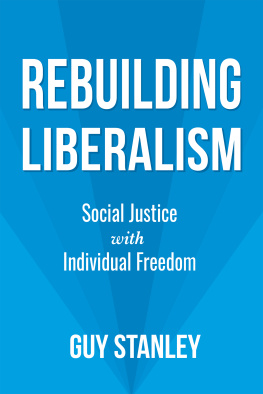


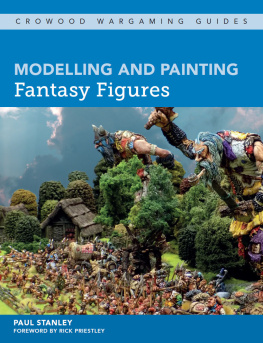
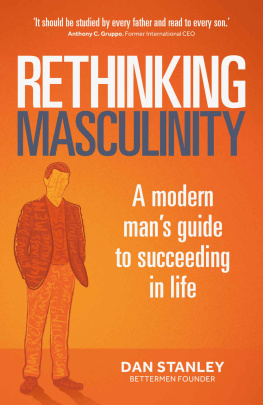


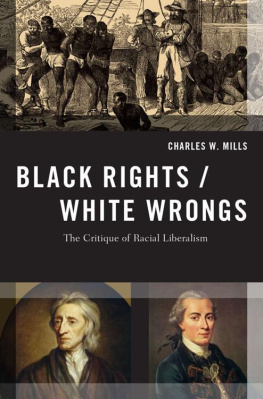
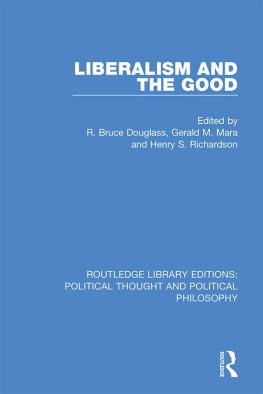
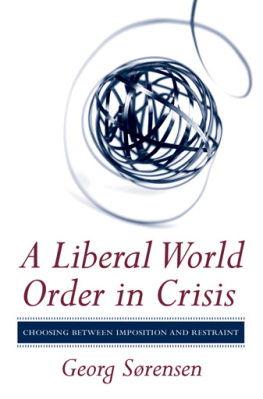
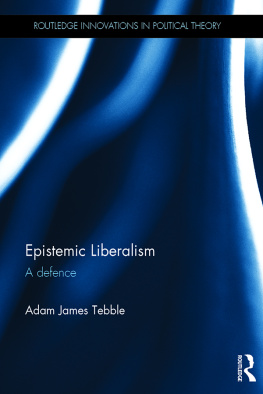
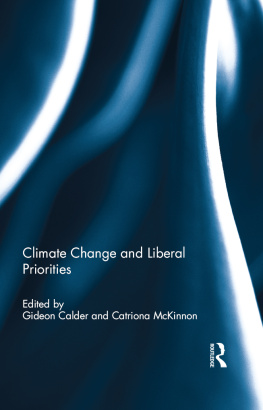
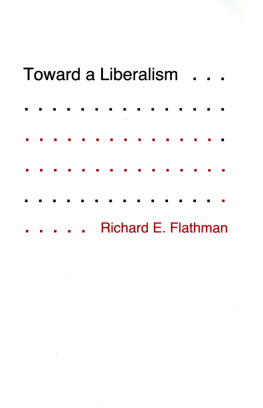
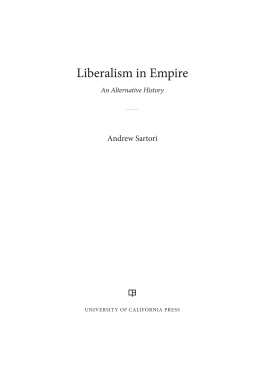

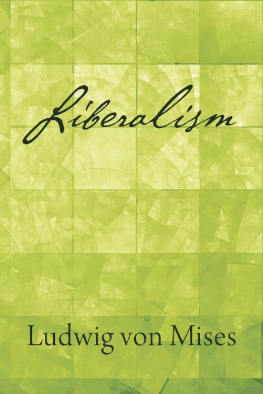

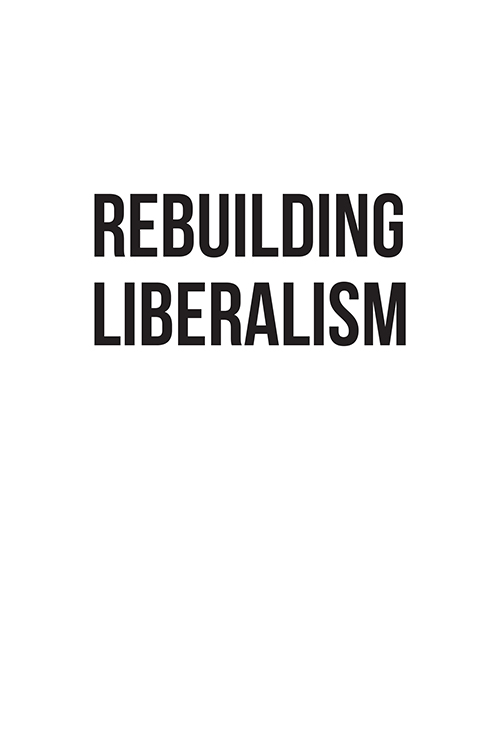


 dundurn.com
dundurn.com @dundurnpress
@dundurnpress dundurnpress
dundurnpress dundurnpress
dundurnpress